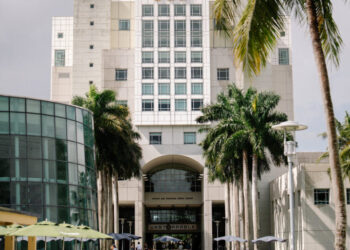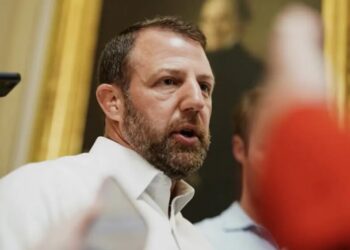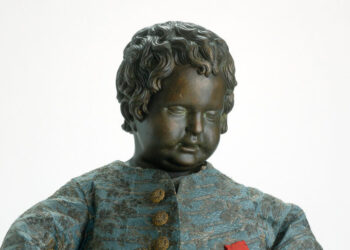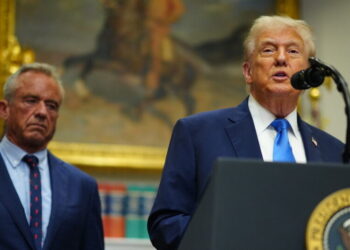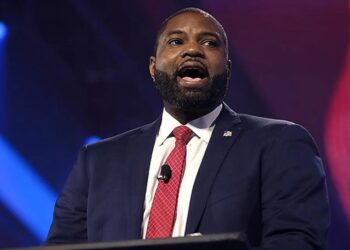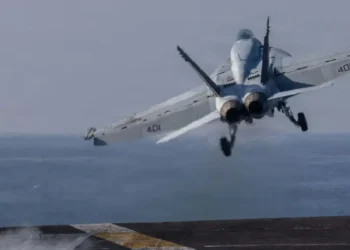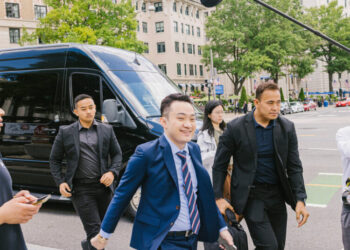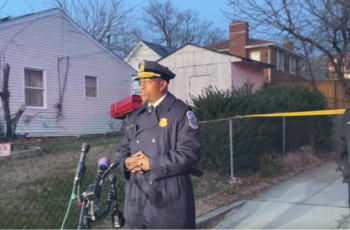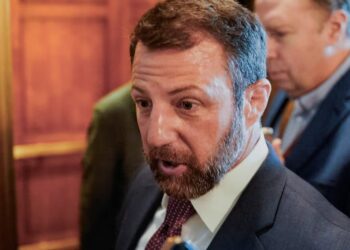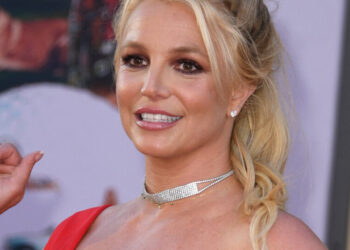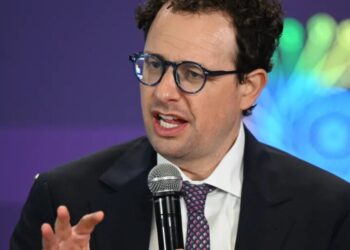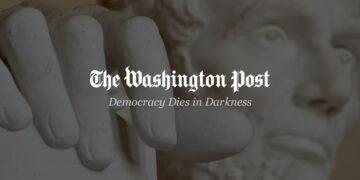Slurs Filled a Chat Created by a Republican Party Official in Florida
A leaked group chat with numerous racist, antisemitic and misogynistic text messages among young conservatives engulfed the Miami-Dade County Republican...
New Trump pick’s fiery insult at fellow Republican could blow up his DHS confirmation
Sen. Markwayne Mullin’s (R-OK) mouth may have created an issue for him. President Donald Trump’s MAGA pick to replace ousted...
This Small Statue in Brussels Has a Large Bladder and Lots of Outfits
For the last 12 years, Nicolas Edelman has been changing the clothes of a little boy who never gets older,...
Fewer Pregnant Women Received Acetaminophen in E.R.s After White House Warnings
Acetaminophen prescriptions for pregnant women declined in emergency rooms across the country after a White House briefing in September during...
‘Vile and offensive’: Black MAGA lawmaker condemns Republicans caught in racist group chat
Byron Donalds, a pro-Trump Florida congressman currently running for governor and one of a handful of Black Republicans in Congress,...
Markwayne Mullin’s opportunity to reset immigration policy
President Donald Trump announced Thursday that he would fire Homeland Security Secretary Kristi L. Noem and replace her with Sen....
Top American admiral in the Middle East says the US struck an Iranian drone carrier. He said ‘it’s on fire.’
An F/A-18E Super Hornet takes off to support combat operations against Iran. US Navy photoThe US struck an Iranian drone...
S.E.C. Settles Its Case Against Justin Sun, an Investor in the Trumps’ Crypto Coins
Federal regulators on Thursday settled a fraud case against Justin Sun, the Chinese-born crypto billionaire who was one of the...
How the Dodgers will look to fill out a once-crowded starting rotation
1 p]:text-cms-story-body-color-text clearfix”> PHOENIX — Dodgers ace Yoshinobu Yamamoto was slated to start Team Japan’s first game in the World...
D.C. assistant police chief placed on leave after improper text messages found
A high-ranking D.C. assistant police chief has been placed on administrative leave, with his police powers revoked, after an investigation...
